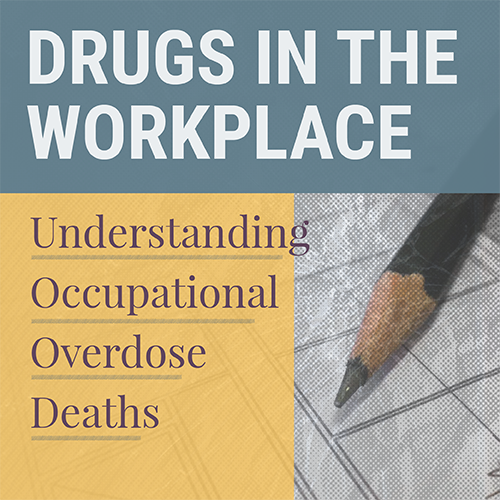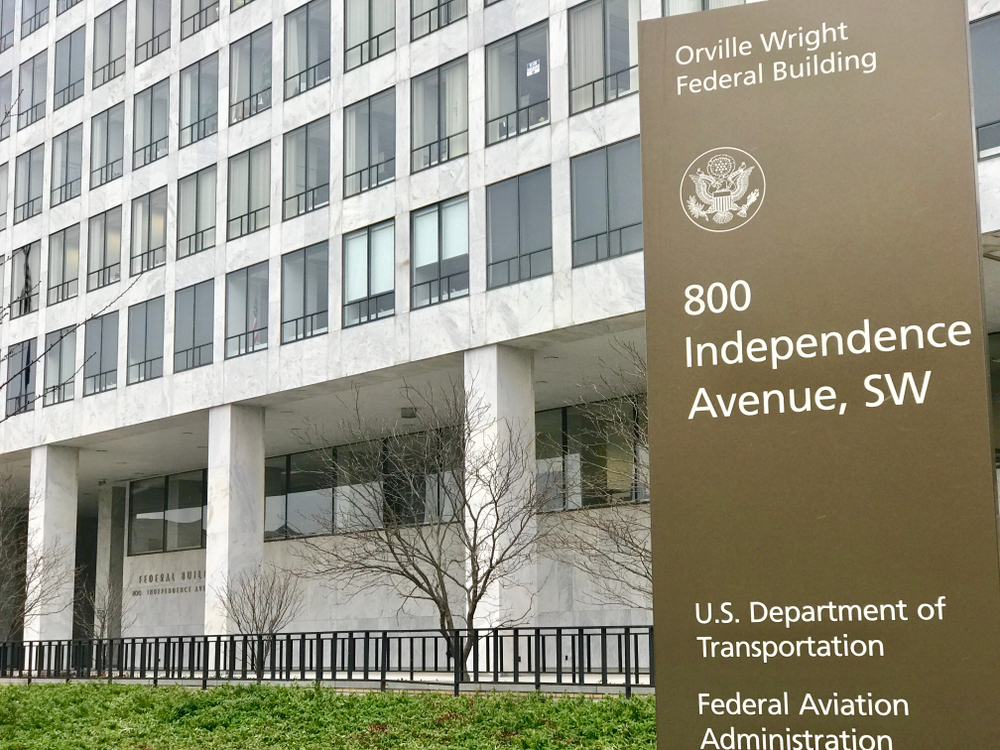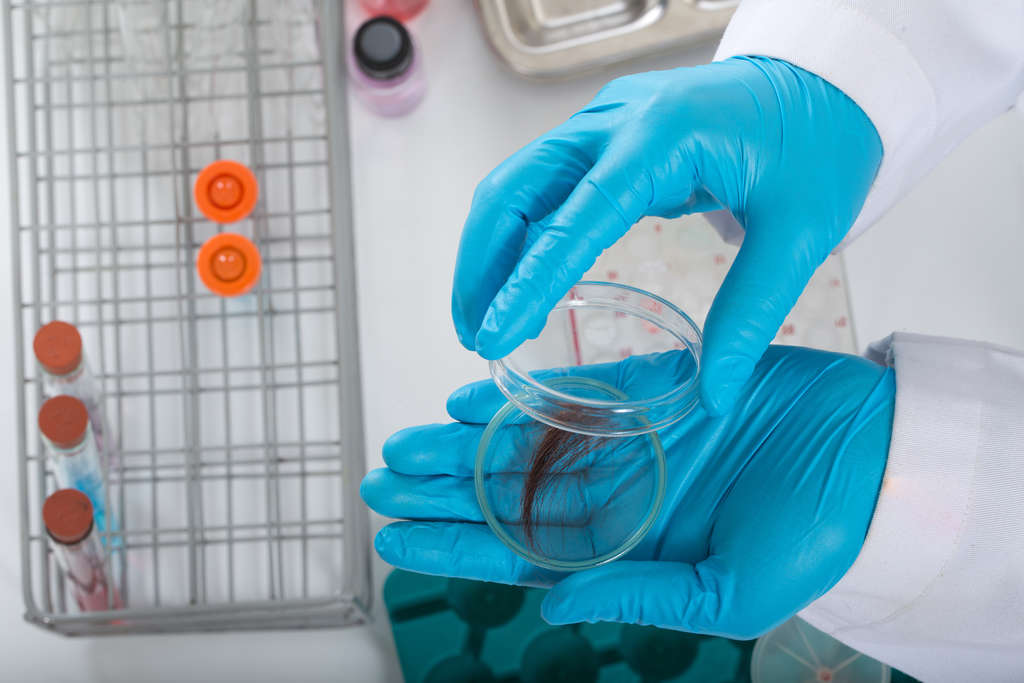US Drug Test Centers Blog
The Risks of Steroids | US Drug Test Centers
Steroid use continues to be a pressing concern for athletic organizations, schools, and other competitive fields. These drugs have been acceptable and openly available in the past for medical reasons.
However, because they have been misused to provide an unfair advantage for athletes at the professional level and abused by people looking to enhance their physical appearance, their use needs to be more regulated. Moreover, it has been found that improper use of steroid drugs can cause negative effects on one's health and well-being.
Let's explore what steroid drugs are and why you should avoid them.
What are Steroids?
Anabolic-androgenic steroids (often called anabolic steroids) are synthetic substances that are made from variations of the male sex hormone, testosterone. The term "anabolic" refers to the promotion of muscle growth, while "androgenic" implies the increase of male sex characteristics. These substances are also known as gear, juice, 'roids, and stackers.
Other classes of steroids include:
- Androstenedione – A hormone produced by the adrenal glands, ovaries, and testes. It's legal by prescription, but illegal for performance-enhancing purposes.
- Diuretics – Drugs that alter the body's natural balance of fluids and salt, resulting in loss of water. Athletes use this for weight loss but it can lead to severe dehydration.
- Erythropoietin - A hormone used as an anemia treatment for people with kidney diseases as it increases the production of hemoglobin and red blood cells. It's taken by athletes to increase their endurance and improve oxygen movement to the muscles.
- Stimulants – Common in highly caffeinated drinks, amphetamines, cocaine, and meth. These are used to improve endurance, increase alertness, reduce fatigue, and suppress appetite.
How People Use and Misuse Steroids
Steroid drugs can be prescribed to treat hormonal issues or diseases that cause muscle loss. They're also attractive to users because they potentially reduce muscle damage and speed up recovery.
Similarly, steroids have the ability to alter the biological functions of the human body – such as boosting athletic performance and changing physical appearances – deeming them dangerous or worse, deadly.
However, many people still use (and abuse) steroids for these particular reasons. As such, the U.S. federal law has classified anabolic-androgenic steroids and performance-enhancing drugs as Schedule III, which means they are banned for all amateur, major, and professional sports use.
Steroid drugs can be taken orally, by injection, or by applying to the skin (as cream or gel). It is, however, considered misuse if the doses are at 10 to 100 times more than the prescribed amount to address medical concerns.
According to the National Institute on Drug Abuse (NIDA), other methods of steroids misuse are:
- Cycling – Taking multiple doses for a certain period, stopping, and then resuming.
- Plateauing – Alternating, overlapping, or replacing with another steroid so as not to develop a drug tolerance.
- Pyramiding – Slowly increasing the dosage or frequency, reaching a threshold, then tapering to zero use.
- Stacking – Mixing two or more different steroids.
It's important to note that steroids do not cause the same "high" sensation that other illicit drugs cause. However, continuous or frequent misuse despite knowing the very serious consequences can lead to substance use disorder.
Like with most substance addiction, people who are hooked to steroids continue to take them even if they're causing adverse physical effects, high costs, or a strain on their relationships. In addition, some users turn to illegal substances (like cocaine, meth, and opioids) to potentially reduce the side effects caused by steroids.

The Effects of Steroids
Steroids misuse can lead to a wide range of mild to life-threatening effects. They can impact your cardiovascular, hormonal, and musculoskeletal systems, as well as trigger psychiatric and skin problems – which, in some cases, can be long-lasting or irreversible.
Some of the short-term effects of steroids include:
- Aggression, rage, violence.
- Acne, cysts, and other skin problems.
- Irritability, mood disorders, and other uncontrollable behaviors.
- Increased anxiety, delusions, depression.
- Oily scalp and skin.
- Sleep disruption.
On the other hand, steroids misuse can lead to long-term and even permanent problems like:
- Abnormal cholesterol levels.
- Artery damage and blood clots.
- An enlarged heart.
- Heart attack and stroke.
- HIV/AIDS (when injected using non-sterile techniques).
- High blood pressure.
- Hepatitis.
- Kidney problems.
- Liver abnormalities, damage, and tumors.
- Tendinitis and other tendon-related injuries.
There are also other age- and gender-specific side effects.
For men, the use of anabolic steroids leads to:
- Baldness.
- Decreased sperm development.
- Enlarged breasts.
- Prostate gland enlargement.
- Testicular cancer.
- Shrinking of testicles.
For women, steroids misuse causes:
- Altered menstrual cycle.
- Coarse skin.
- Decreased breast size.
- Deepened voice.
- Excessive facial or body hair growth.
- Male-patterned baldness.
Nowadays, people go to great lengths to look and perform better. That's why the use of anabolic steroids and its substitutes remain a growing concern. Despite being illegal and banned from various fields, such as in schools and sports organizations, many individuals are still able to acquire steroids from the black market and use them to achieve their physical goals.
If you're looking to test for steroids, US Drug Test Centers can help. We offer a wide range of steroid drug testing that screens for anabolic steroids, beta-blockers, diuretics, narcotics, and stimulants. This is applicable for anyone who works in the fields of education, law enforcement, security, sports, or any that uses physical strength and performance.
With over 20,000 centers across the country, we can help set up your steroid drug test needs or develop your drug-free workplace program. Contact US Drug Test Centers today to learn more.























